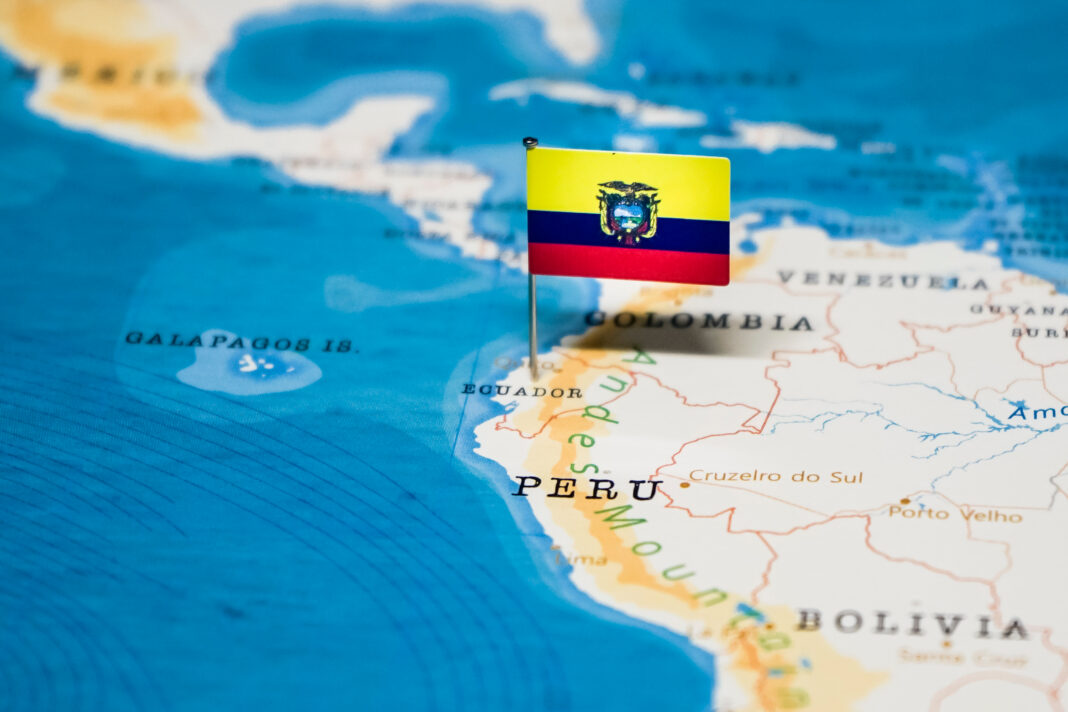by Maurizio Sacchi
Ecuador’s President Daniel Noboa has recently ordered the armed forces to restore order in the country after days of unrest. This period has seen the escape of two gang leaders, the hostage-taking of prison guards and bombings in various cities across the Country. On Monday, he declared a 60-day state of emergency and imposed a nationwide curfew from 23:00 to 05:00 each night. The state of emergency allows the President to deploy soldiers in prisons and throughout the country to support the police. At least 10 people have been killed since the state of emergency began.
A particularly notable incident occurred on 9 January, when armed men forced their way into the studios of TC Television in Guayaquil, Ecuador’s largest city. They tried to force a presenter to deliver a live message. Although soldiers eventually overpowered and arrested the gunmen, live footage of the confrontation between the hooded assailants and the armed forces left Ecuadorians shaken.
On 7 January, police entered La Regional prison in Guayaquil to transfer notorious gang leader Adolfo Macías Villamar, known as ‘Fito’, to the supposedly safer La Roca prison in the same complex. However, Fito was tipped off about the transfer and escaped before it could take place. News of his escape sparked riots in at least six prisons, with several guards taken hostage. Fito leads Los Choneros, a powerful gang that effectively controls the prison.
The influence of Mexican drug cartels and Balkan criminal groups has increased in Ecuador due to changes brought about by the peace process in Colombia and shifts in the global drug trafficking landscape. With its major Pacific coast ports and limited experience in dealing with criminal gangs, Ecuador, once immune to cartel influence, has become an attractive transit point for drug shipments.
The state of emergency prompted an immediate response from the gangs, including the kidnapping of a police officer who was forced to read a statement to the president warning of impending war. In retaliation, President Noboa ordered the armed forces to ‘neutralise’ 22 gangs, considering them to be ‘terrorist organisations’. Noboa, who was elected Ecuador’s youngest president following the assassination of presidential candidate Fernando Villavicencio in August, had campaigned on a promise to crack down on the gangs believed to be responsible for the murder.
Cover photo ©hyotographics/Shutterstock.com
























